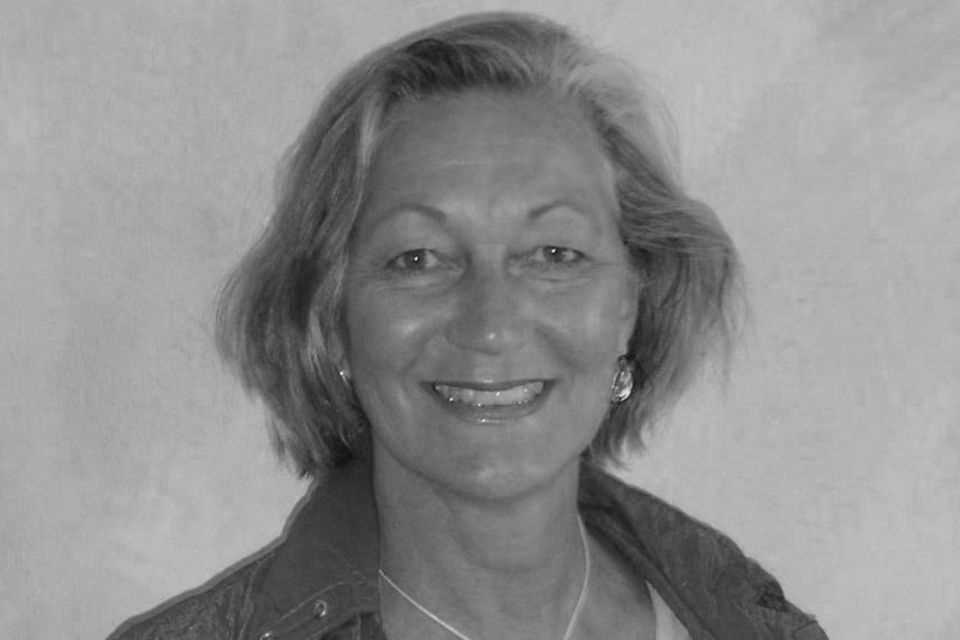After the illness
“It takes the courage to get to know yourself anew”
© Roman Samborskyi / Shutterstock
After a serious illness, there is often a need for reorientation. But how do you find out where to go? Questions to psycho-oncologist Eiken Jöns-Ruge.
BRIGITTE.de: A crisis, such as a serious illness, is nowadays often stylized as an opportunity. Is it really a catalyst for a new start?
Eiken Jöns-Ruge: Yes, it can really be. In fact, it is often the case that cancer patients say: I want to be the same again and become the way I used to be. And when the hair is back after chemo and everything seems to be fine again, the relatives and family want it all to be over. This can of course be difficult.
Is that an unrealistic wish?
No of course not. Some can do it, but others just don’t. From the diagnosis over the entire cycle of treatment to the radiation treatment, you are very much determined by others: Others tell you what is happening to your life now, where you have to be and what will be done to you. You really give yourself up. And when the doctor shakes hands at the end and says: ‘All the best for you, toi, toi, toi!’, It is often like an awakening. I always see the dog coming out of the water and shaking itself. You first have to come back to a kind of self-determination and answer the question: ‘What am I going to do with my life now?’
How do you find answers to this question?
It takes the courage to get to know yourself anew and to ask yourself: What actually happened to me? What do the physical injuries do to me, how does it leave me behind, what happened to my self-image, who am I now? Such considerations are helpful in finding a new home within yourself. This beautiful sentence can perhaps help:
There is always a life before cancer and a life after cancer – and that’s a good thing so that cancer doesn’t recognize you.
What if I need a compass to find my way into a new life?
I always say that suffering without meaning doesn’t make sense. That is why I ask my patients: What has this cancer brought you, what are positive remains? What is good for you, how can you take better care of yourself, what lessons do you draw from the disease? Afterwards, for example, many are no longer so tense and no longer claim to have to do everything. The patients may then say that it is enough for me to do one or two things a day, nothing more is possible. And now I want to have more time for myself and maybe not function the way I used to. There is also a lot of crisis of meaning there. What was important before doesn’t have to be important now.
That can be difficult for the environment, I suspect.
The environment quickly forgets. How should others know what this time of illness did to me? Partners and colleagues now have to cope with the fact that one may no longer function as it used to. It is therefore important that those affected clearly state how they are doing and what they need now. You have to face the fact that partners, children or superiors might wish that they were the same as before and that they don’t always appreciate it when you say: I’m still broken, I still have trouble concentrating, I have to lie down to spare me.
In your experience, what do women who have gone through a serious illness need most?
You need the courage and the space to redefine yourself. You have to be able to calmly see how your life should go on after the illness. A cancer patient shouldn’t have to be what other people want her to be, she has to be able to say: There are now such and such changes in my life. Ideally, she experiences acceptance from the outside world and is not put under pressure.

Psycho-oncologist, couples and psychotherapist Eiken Jöns-Ruge works in Hamburg
© private
Do you have any advice for patients who say after their illness: My old life no longer suits me, but I still don’t know where to go?
In the booklet “Die Krebsreise” by Moses G. Steinvorth there is a nice answer to the question: What is the task of a person with cancer? Basically it reads: ‘To take care of the meaning and joy of life.’ I think that’s a very good guiding principle.

